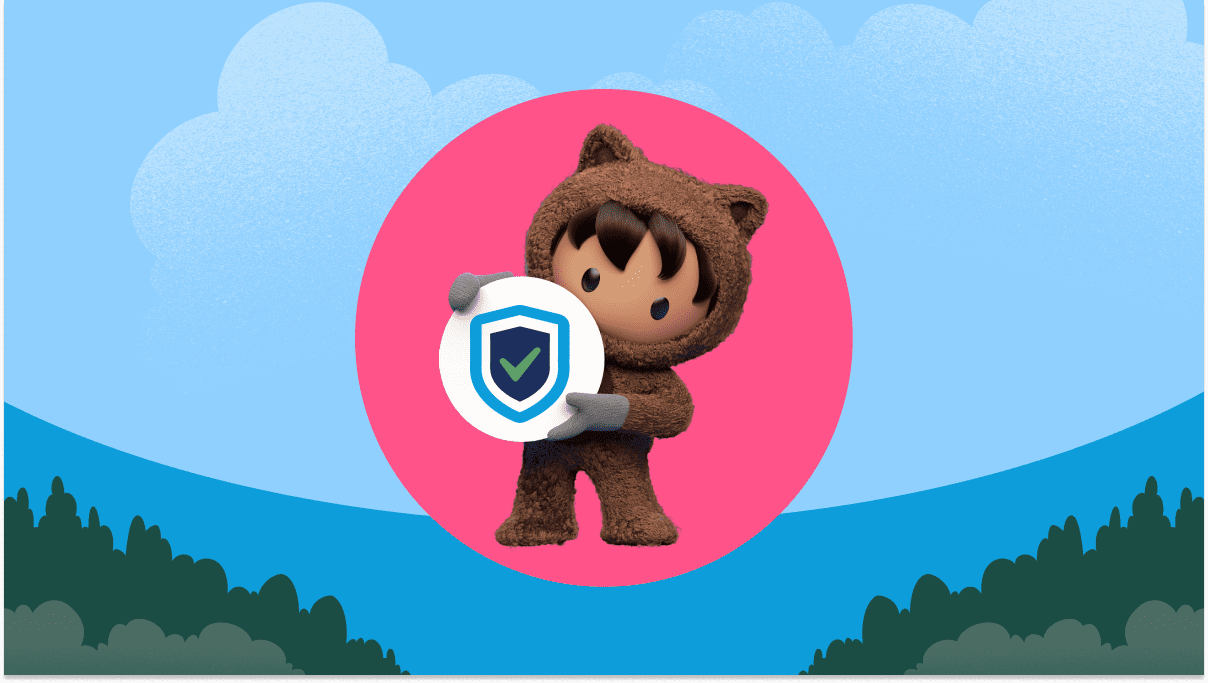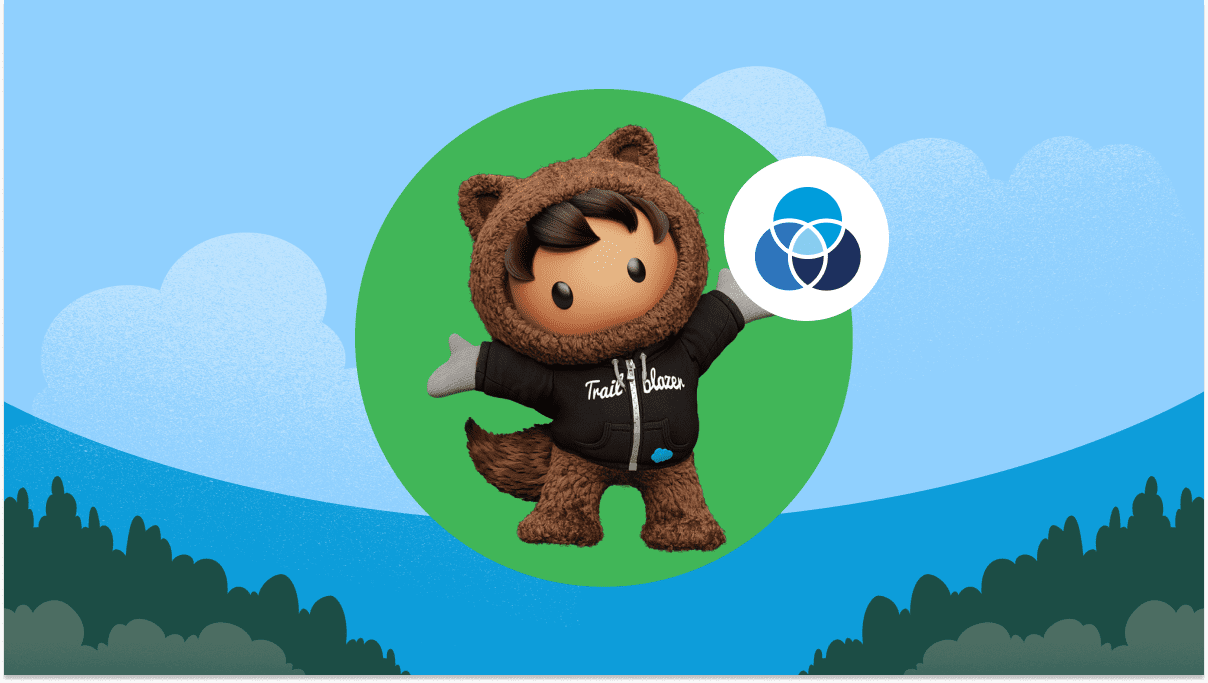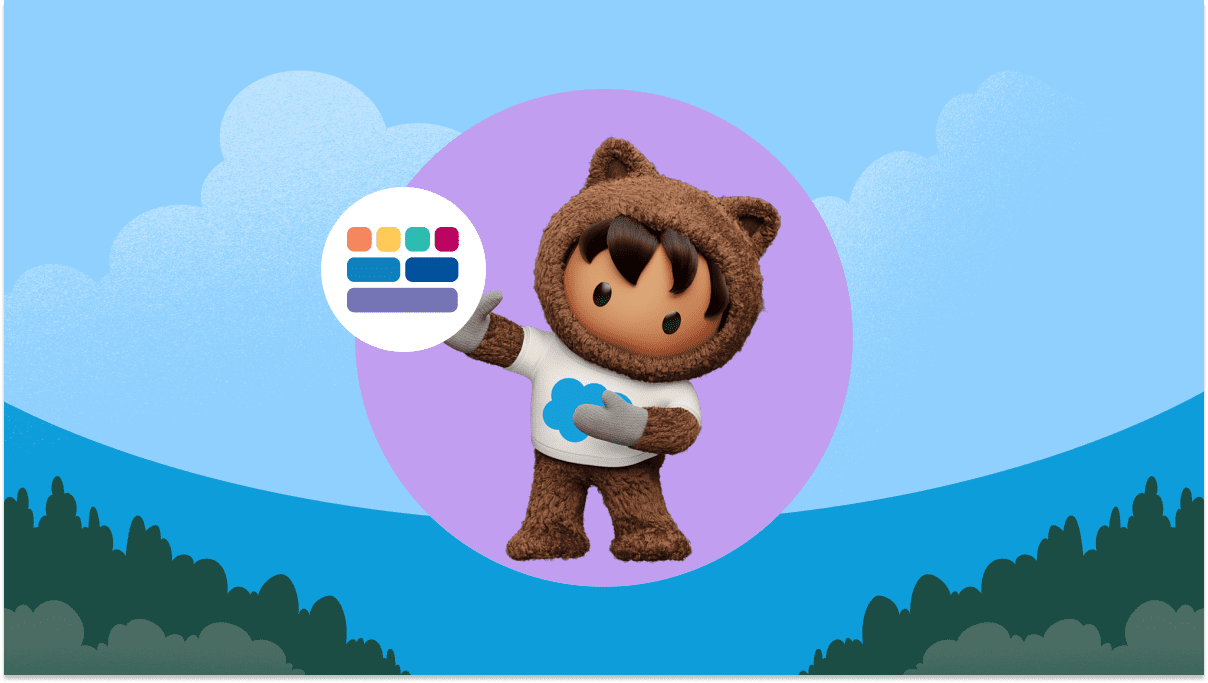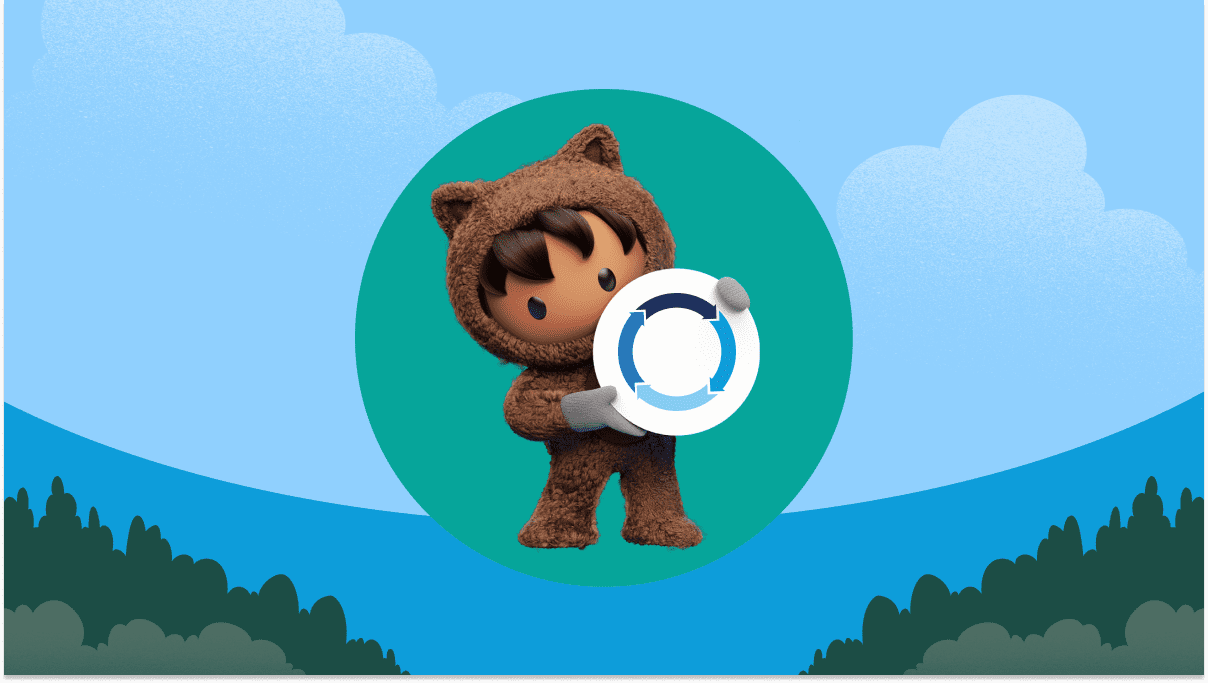The Transformation Playbook
Learn how to change mindsets, connect silos, and center around your customer.
President, Chief Operating Officer, Salesforce
And while we know technology can help, it alone is not the answer. Applying new technology to old ways of doing things won’t magically change the way your teams work or deliver great customer experiences at scale.
I’ve noticed transformation happens when leaders stop focusing on technology, products, or systems — and innovate around their customers. Easy to say, harder to do. We designed this playbook to help you confidently lead change. By working with thousands of C-suite leaders from organizations of all sizes and industries, we uncovered what it takes to be more customer-centric.
If you’re a business leader ready to make meaningful change, this playbook is here to help you lead with confidence, unite your teams, and bring the customer closer to the center of your business.
Chapter 1: Successful Business Transformation Starts with Your Mindset
Why the Right Mindset Is Essential for Meaningful Change
Research shows that 88% of customers say the experience a company provides is as important as its products and services. The urgent question facing leaders now is how to go beyond simply responding to reimagining and acting differently.

No matter what the future holds, building customer-centric thinking and structures rallies every department, employee, and stakeholder around customers’ needs. That’s why this playbook is focused on an approach that puts the customer in the center of your feedback loop and innovation cycle. It provides no regrets moves every leader can make to begin now.
To work toward this transformation, get familiar with two key terms that we’ll reference throughout this playbook: mindsets and disciplines.
Mindsets — Common assumptions that shape how people behave, either holding companies back or propelling them forward.
Disciplines — Customer-centric business practices that unite employees, departments, and partners to solve customer needs with the full force of the organization.
One important lesson we’ve learned is that your industry does not define your destiny.
In fact, there have been winners and losers in every industry, depending on the mindsets and actions of individual companies. We’ve observed a performance gap between those leaders who lean into digital and those who are waiting for the “normal” to return. In general, companies have had one of these responses.

Those with a RENOVATE mindset have been slow to embrace new digital ways of working for their employees. They approach things with a wait-and-see attitude. Their workforce is not digitally enabled, and their leaders are not learning how to anticipate their customers’ changing needs or how to make use of the data they have. As a result, their growth has stalled, and they’ve failed to keep up with the rest of the economy.
This is in stark contrast to those with a TRANSCEND mindset. These are companies that are born digital, like Amazon, Netflix, and Zoom, and continue to leapfrog their competition. They design around their customers’ evolving needs and laser-focus on speed, simplicity, and personalized experiences.
Many of our customers have what we call an EVOLVE mindset. They weren’t born digital, but they are deliberately refocusing on their customers’ needs. They are finding ways to smash through old bureaucracy and change faster than anyone thought possible. These are the companies that will reinvent themselves for this digital-first, work-from-anywhere world.
The next five sections in this playbook represent five customer-centric disciplines we have seen successful companies use to evolve and thrive through digital transformation. They are the foundation for how our Salesforce Customer Success teams help customers maximize the value of their product investments.

5 Customer-Centric Disciplines
- How You Build Trust
Listen, Anticipate, and Respond - How You Engage Customers
Build Customer-Centric Business Processes - How You Work
One Team Aligned Around Your Customer - How You Embrace Technology
Be Digital-First, Lean, and Ethical by Design - How You Serve Society
Make Your Business a Platform for Change

product
What is Salesforce?

Guide
State of the Connected Customer

Guide
4 Signs Omni-Channel Customer Service Is Broken — and How to Fix It
More Resources

blog
Customer Centricity: What Is It and How to Achieve It?

product
Unite your teams and wow your customers with Customer 360 and Salesforce Genie.

White Paper
The Impact of Digital Transformation During Times of Change







